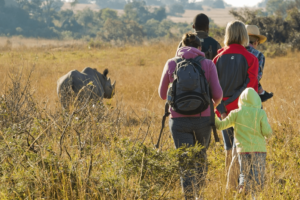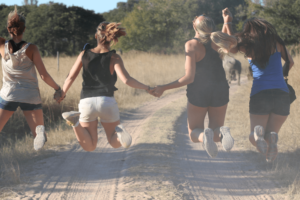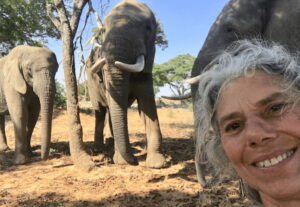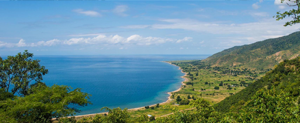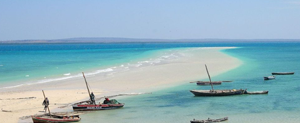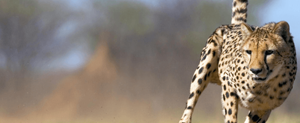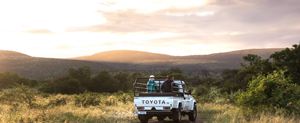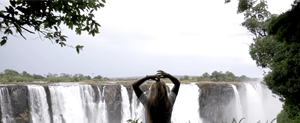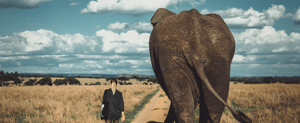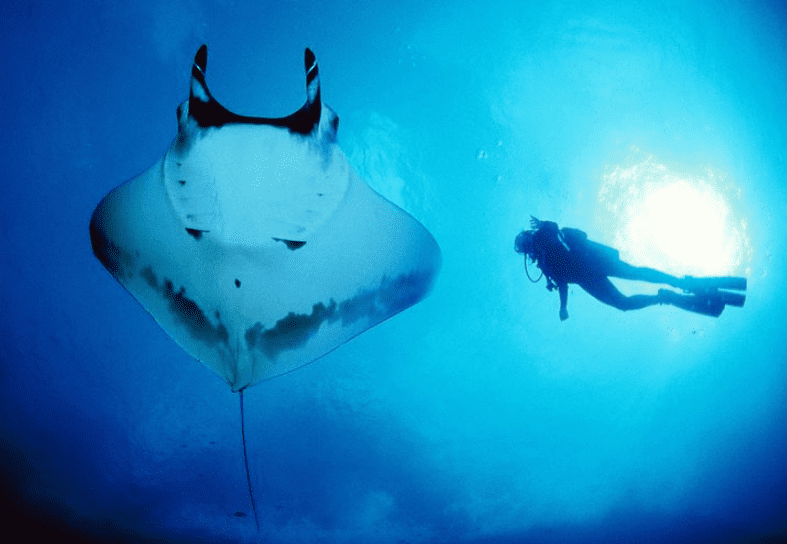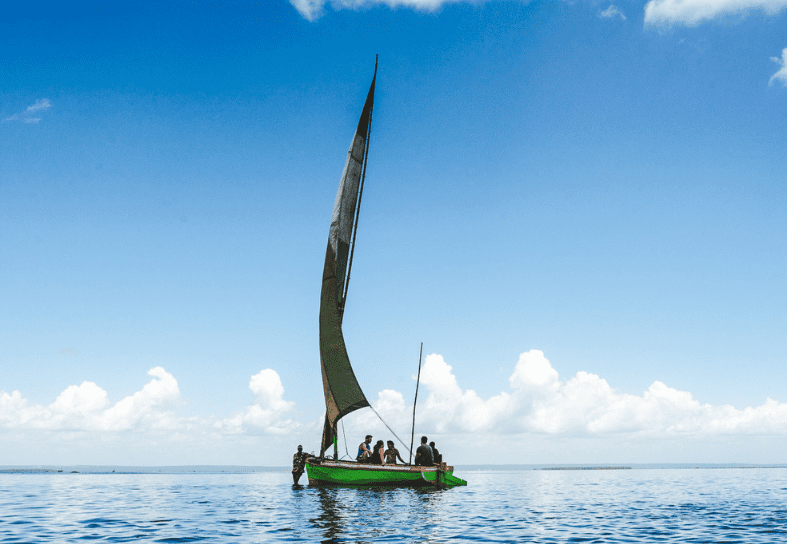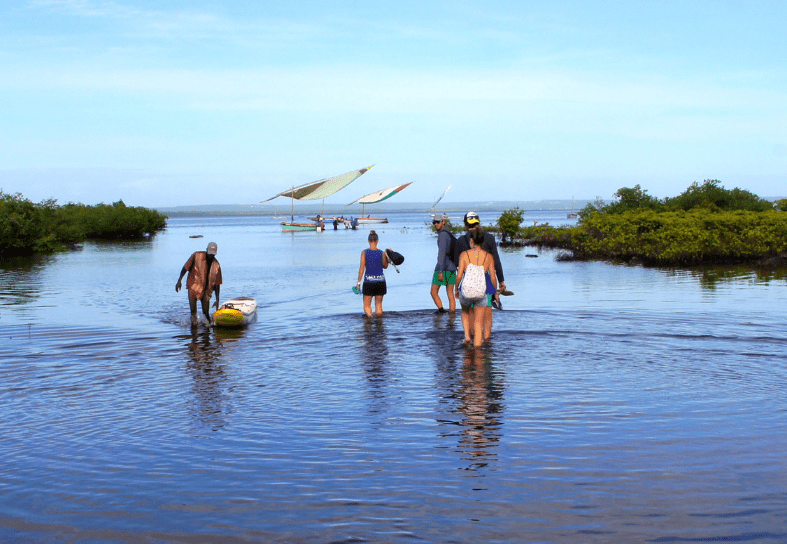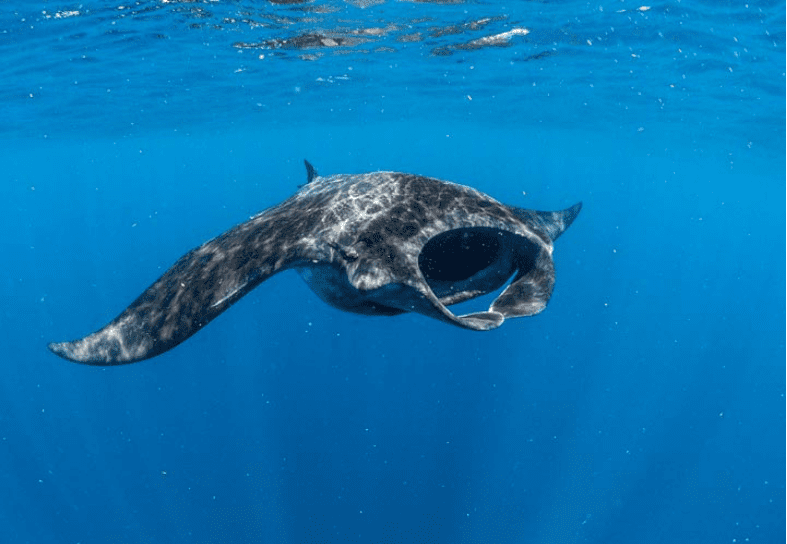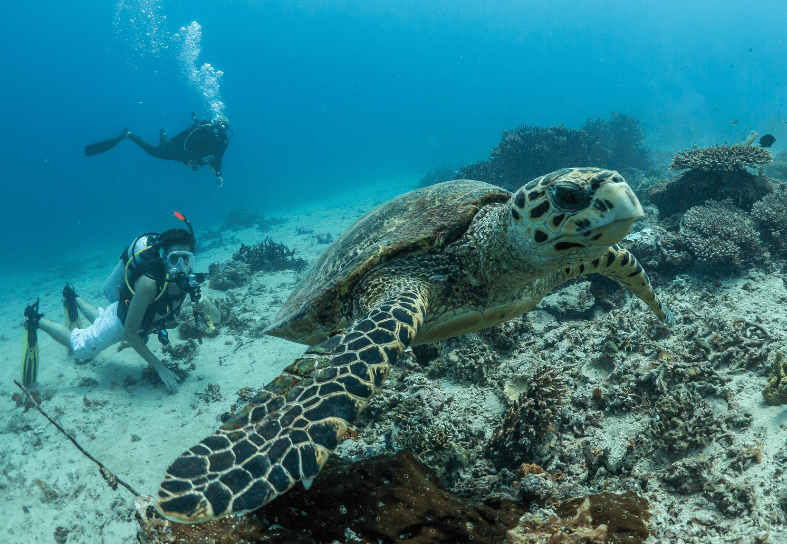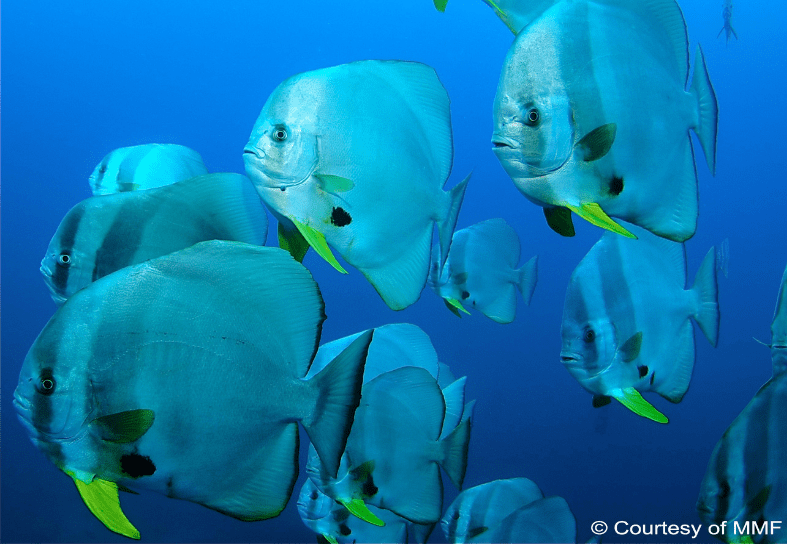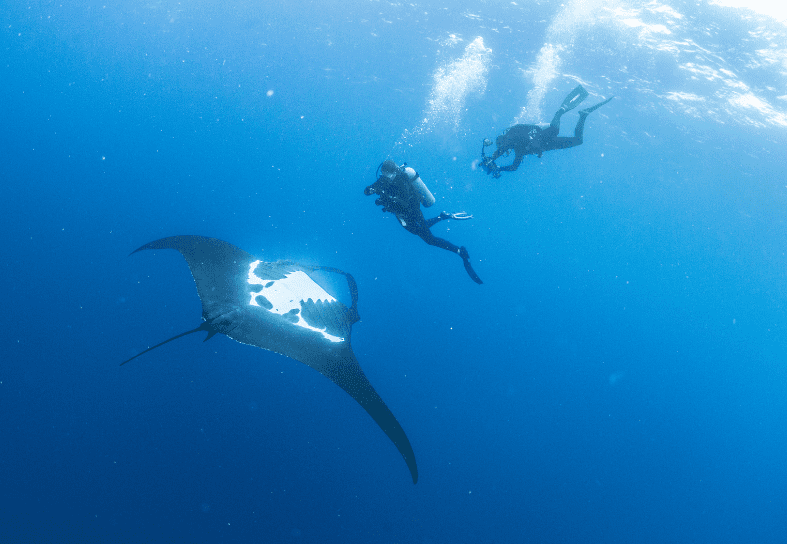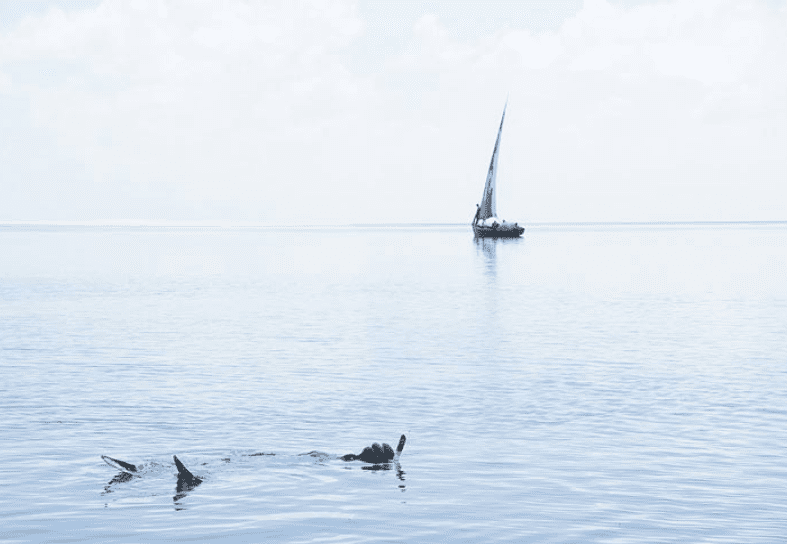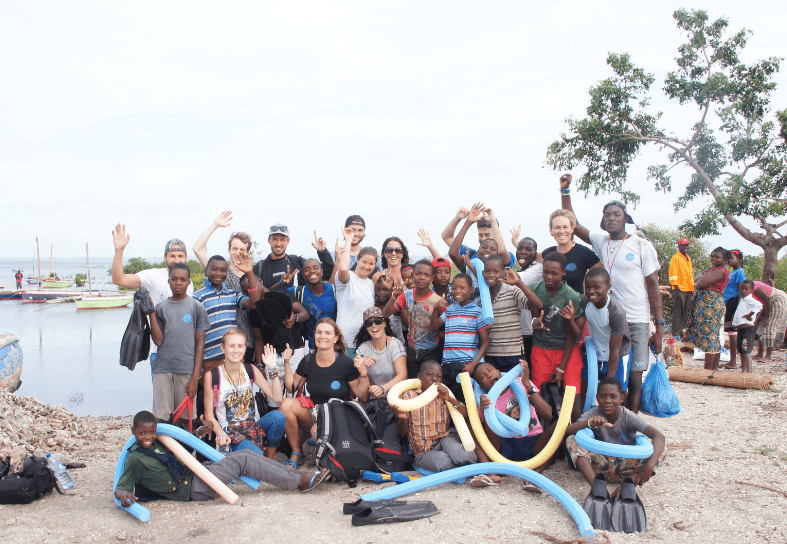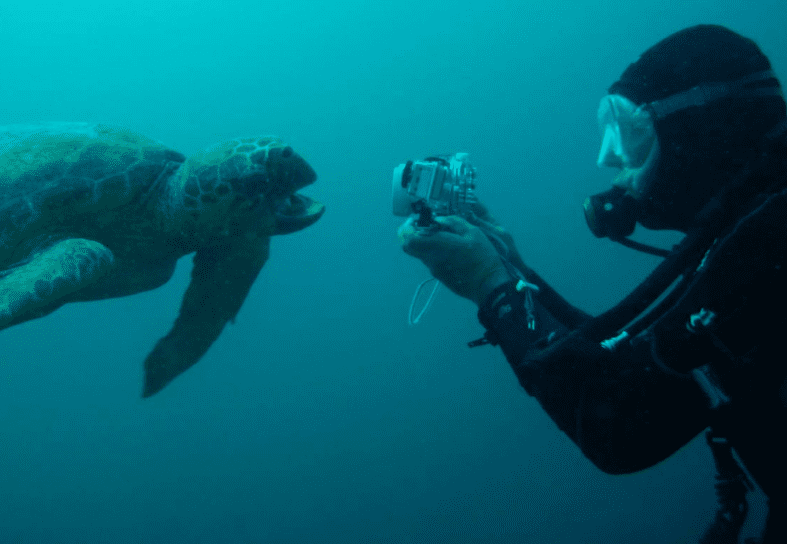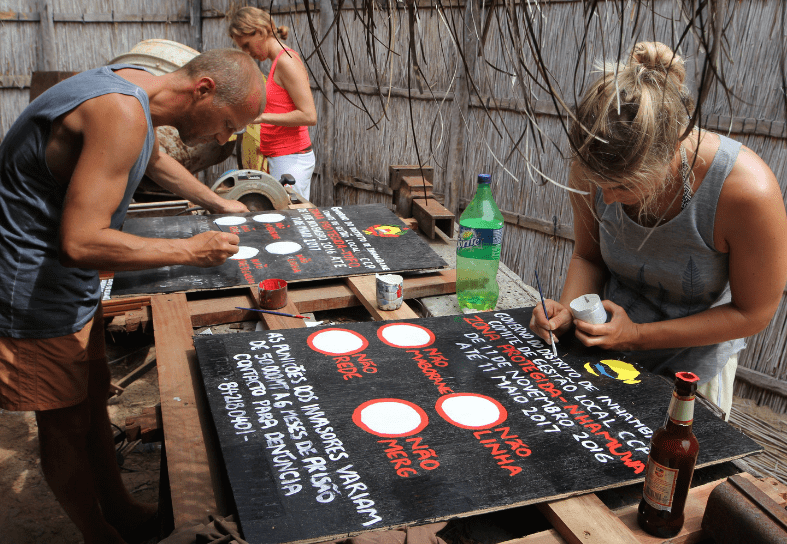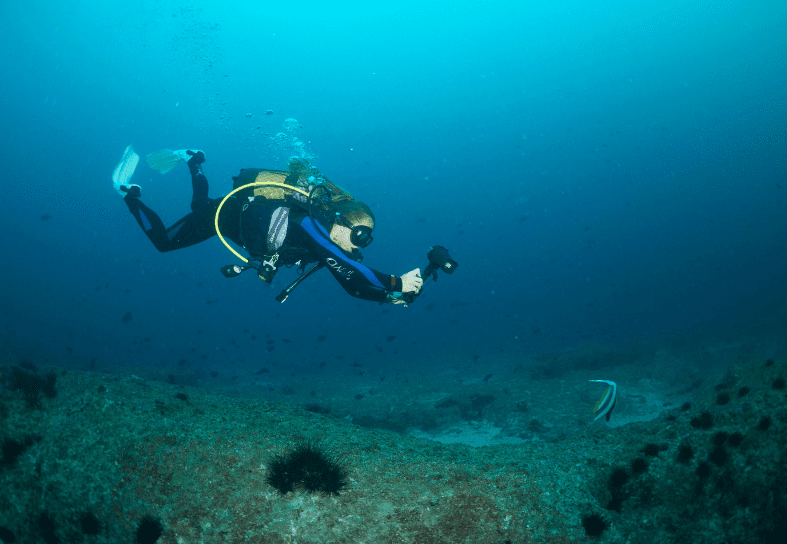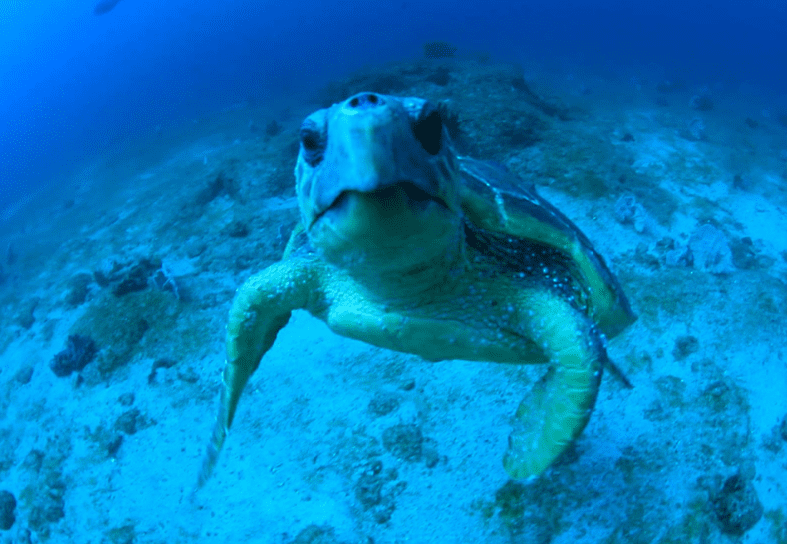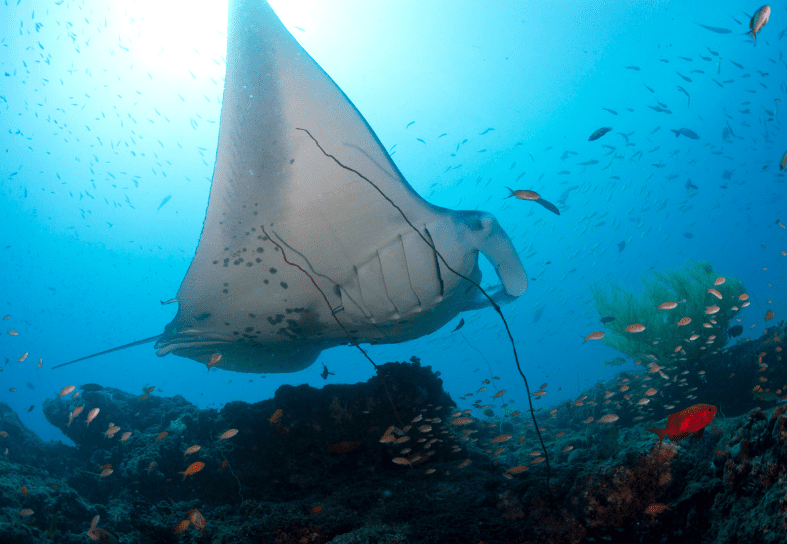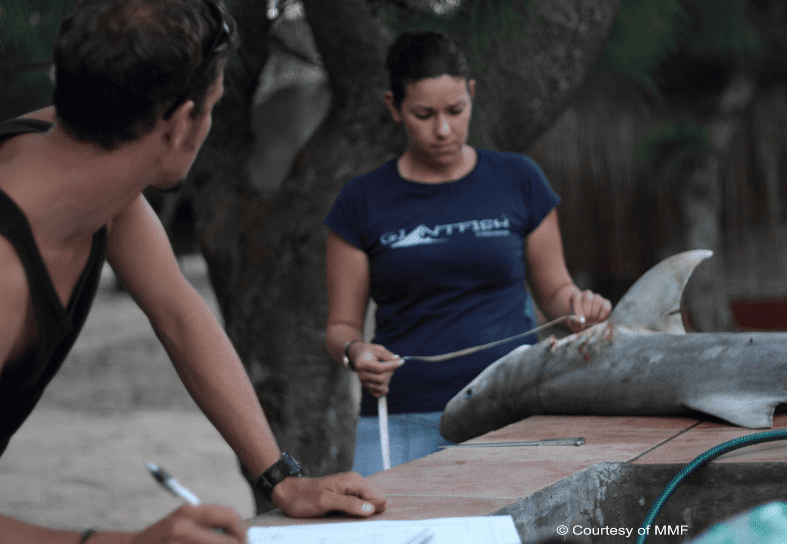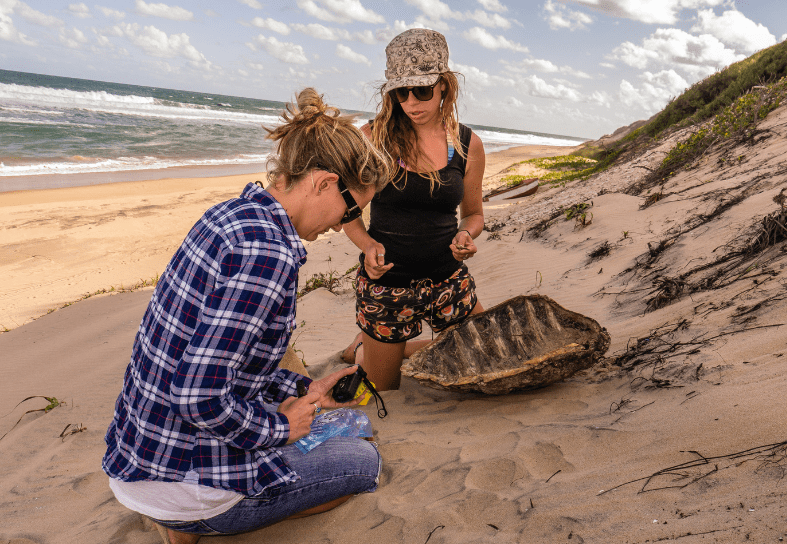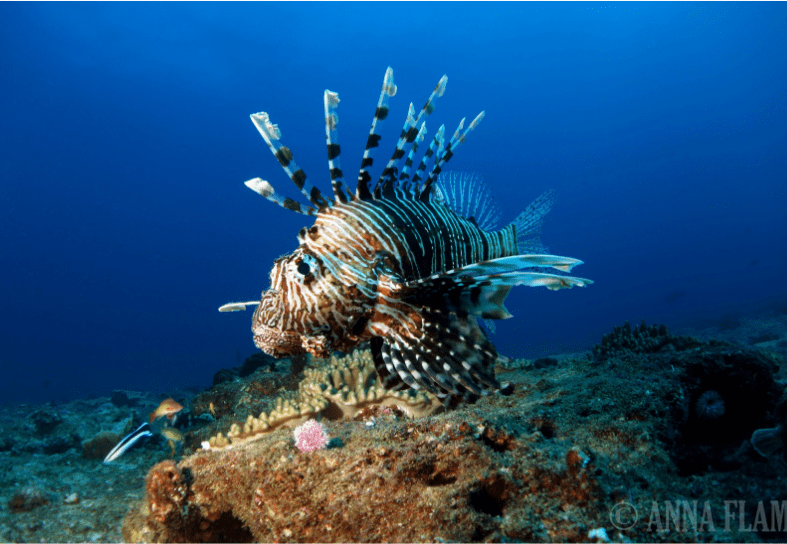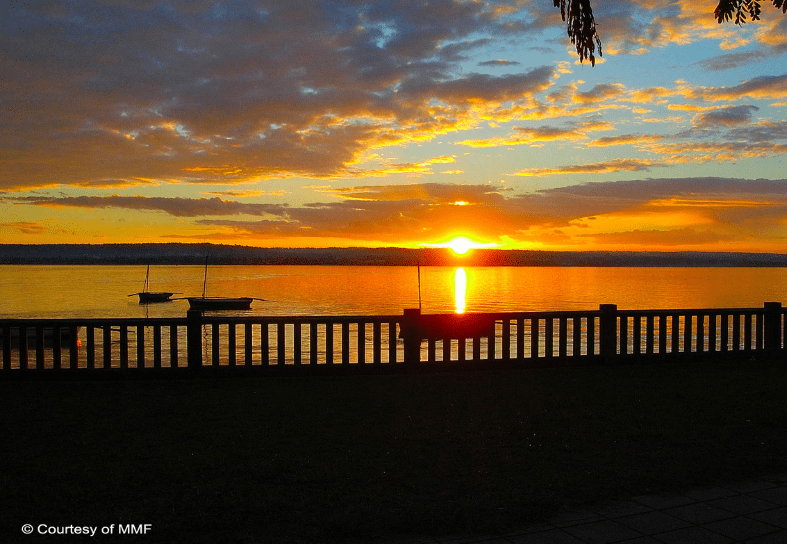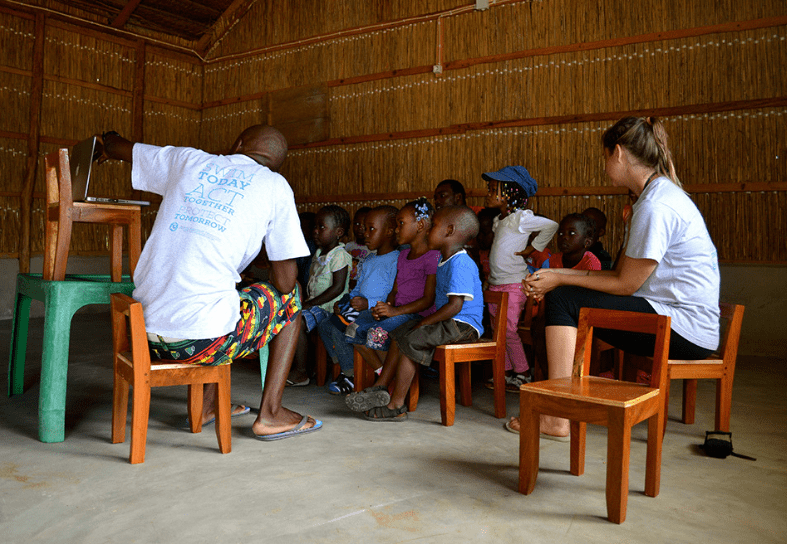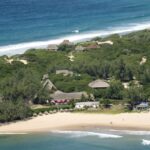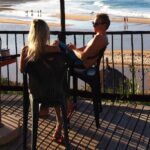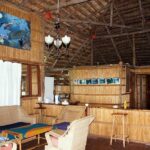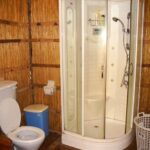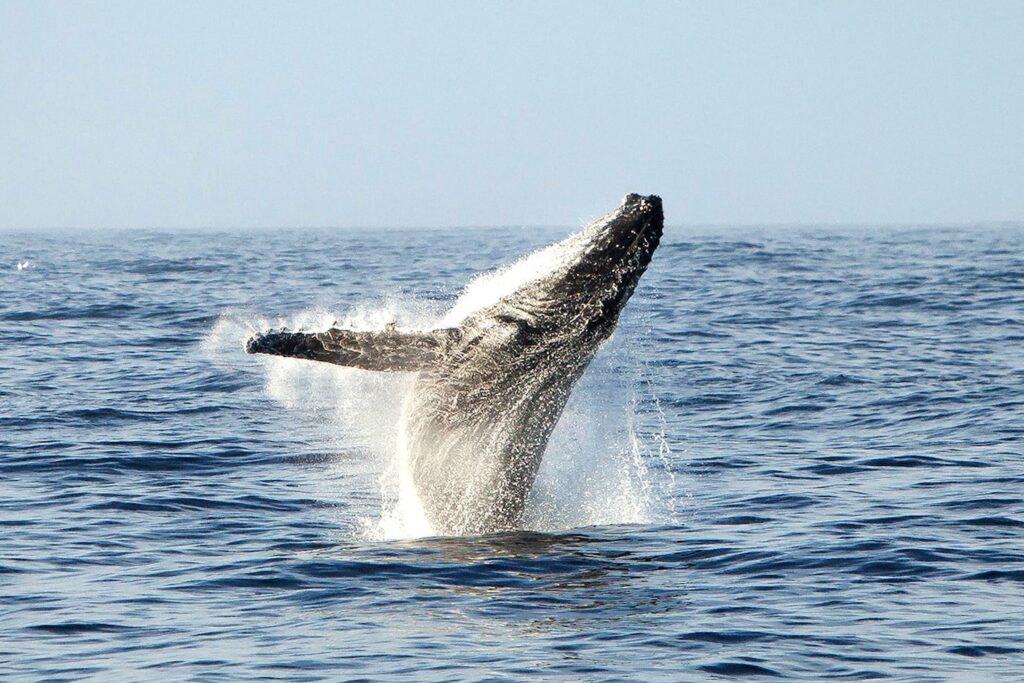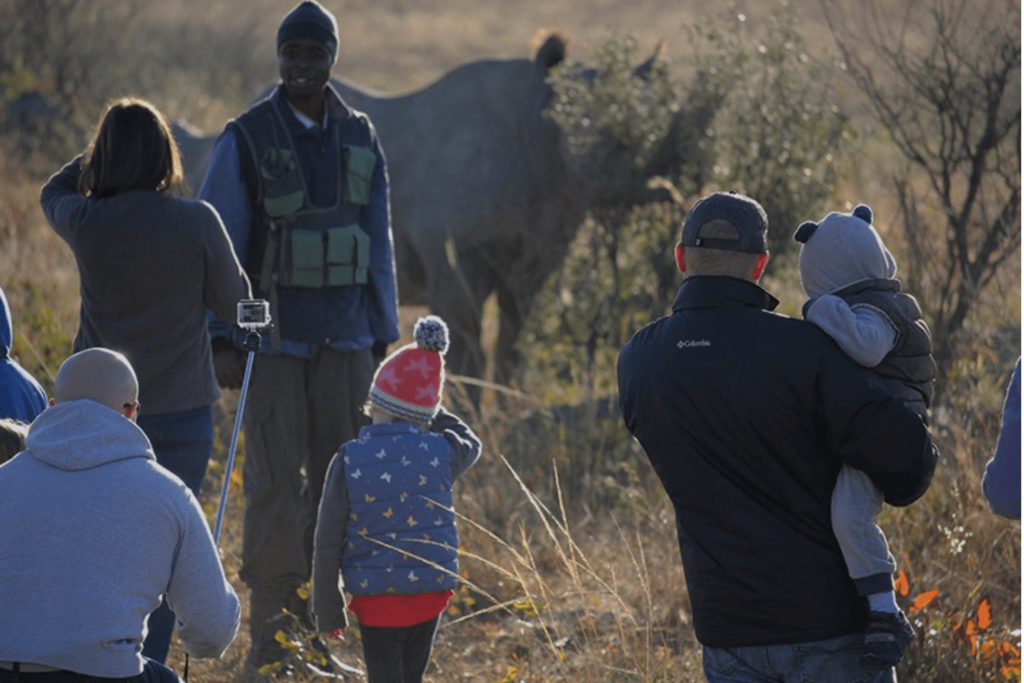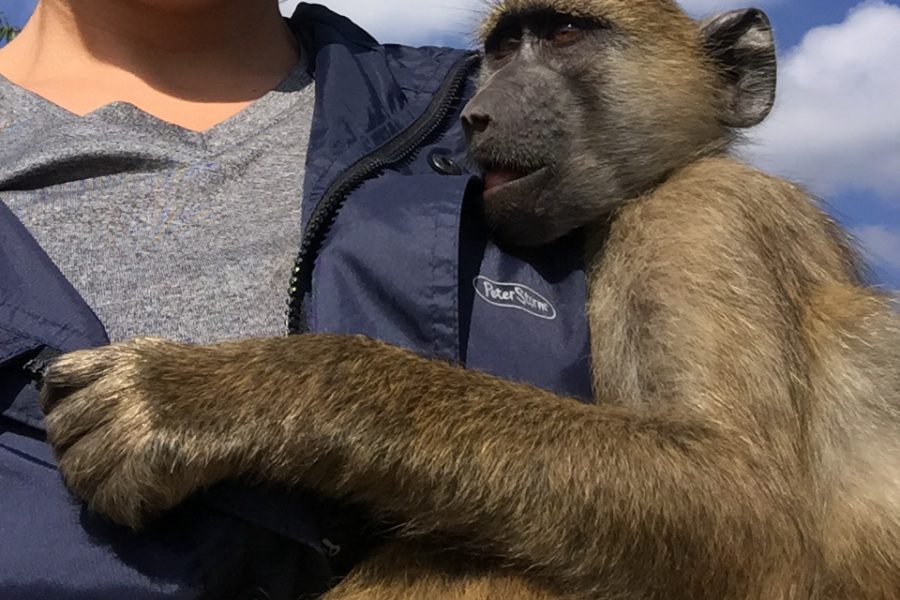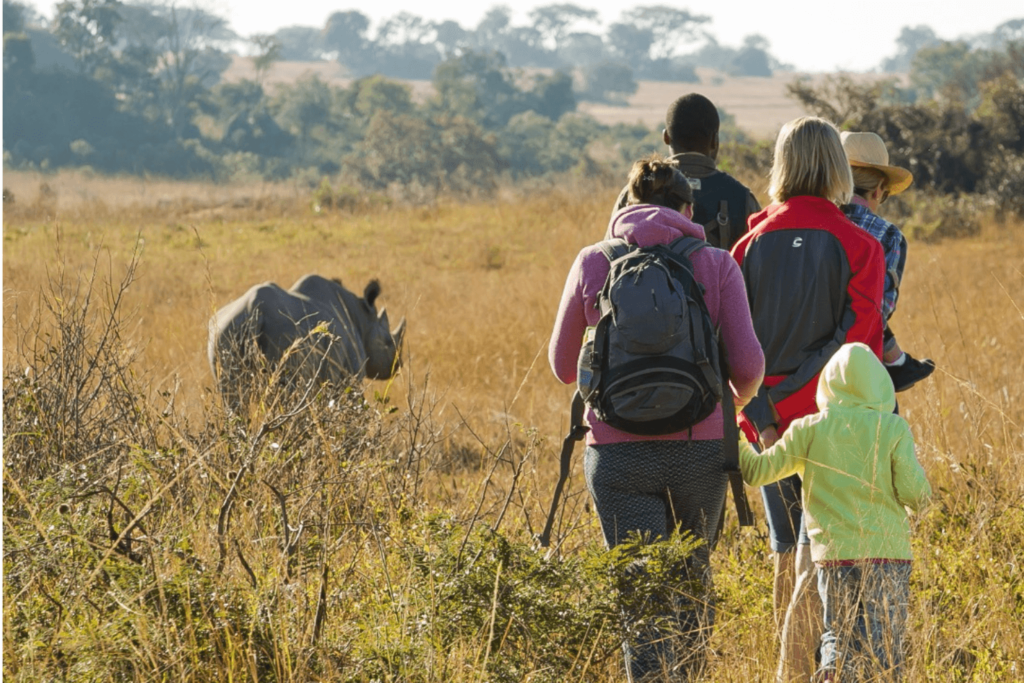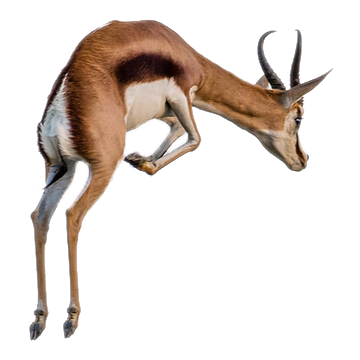Family Volunteering -
Marine Conservation
MOZAMBIQUE
Mozambique
2 - 12 weeks
Flexible
Up to 10 people
Age 10+
From £1,980
Mozambique
2 - 12 weeks
Flexible
Flexible
Up to 10 people
Max 10
Age 10+
From £1,980
What's the project about?
Southern Mozambique is one of the top 10 scuba diving locations in the world, home to large populations of whale sharks, manta rays and humpback whales. Our marine family volunteer projects are focused on the long term conservation of these vulnerable ocean giants. The program takes a holistic approach to marine conservation, where volunteers gather data on a diverse range of small and large marine creatures in order to gain a full understand of the ocean ecosystem.
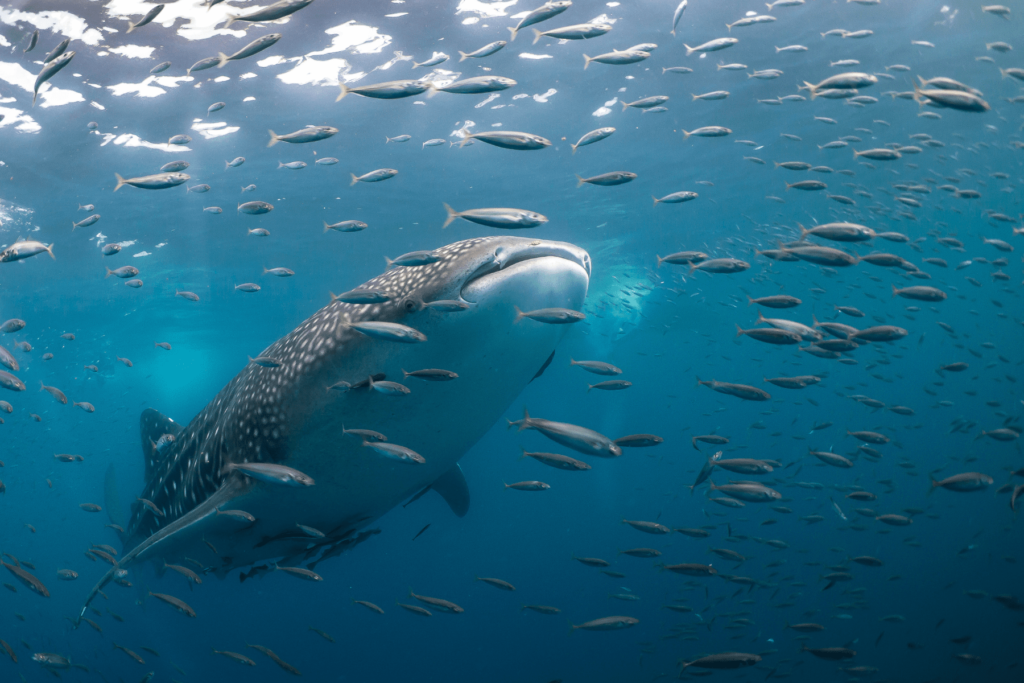
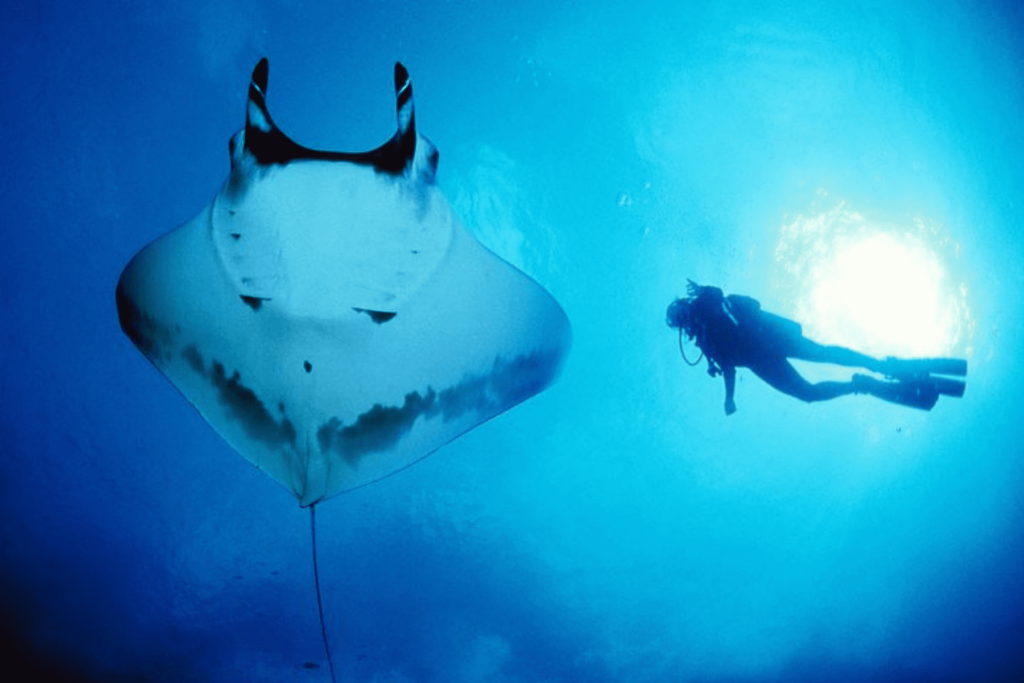
How will I be contributing?
The goal of the project is for marine conservation volunteers to consistently gather data on ocean megafauna, to keep the national whale shark and manta ray databases current. You will collect population data, tag and measure animals, monitor environmental conditions, take id photos and record behaviour. Marine family volunteers will also monitor coral reefs and work in the mangrove forests, plus participate in the programme’s microplastic removal project.
What makes this project ethical?
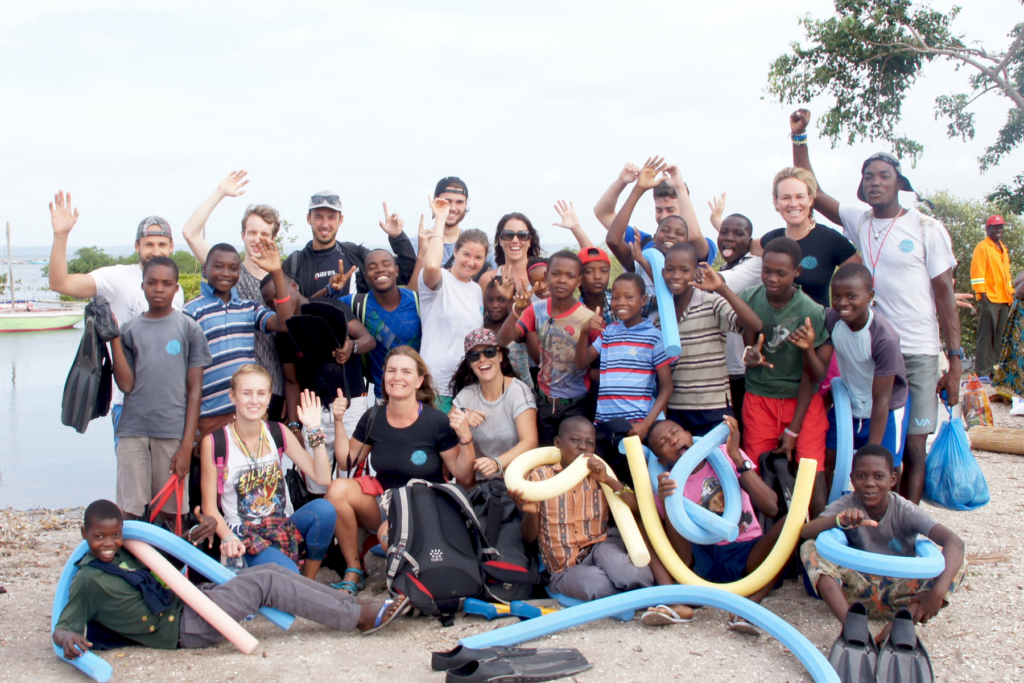
Project gallery
Project information
The family volunteer projects primary goals include:
- Marine megafauna research. This research focuses on the area’s strong populations of whale sharks and manta rays, endangered reef turtles, and migratory humpback whales (July – September). Their goal is to complete world-leading research on the diversity, habitat use, demographics and movement patterns of these animals to inform long term conservation practices and strategies. By combining this research with data collected on the smaller marine creatures, such as plankton, sea horses and smaller rays, a picture of Tofo’s complete ocean ecosystem can be formed.
- Coral reef and estuary preservation. The project have achieved great success in the protection and preservation of the local reefs and mangroves (marine forests). Volunteers play a vital role in the ongoing conservation of the estuary and associated marine and coastal wildlife.
- Community engagement. 60% of Mozambique’s people live in coastal areas, placing increasing and significant pressure on the marine environment. Illegal poaching and over-fishing are endemic. Volunteers will have the opportunity to visit local communities and understand the challenges faced by communities who rely on the ocean for food.
- Humpback whale research. Southern Mozambique’s waters are the winter breeding ground of large numbers of humpback whales. The programme here collects information on behaviour, acoustics, genetics and demographics, and is building a photo-id database of individual whales. One of the uses of the data is to counter the ‘scientific whaling’ argument, that you must kill a whale in order to determine its age.
For more information on participating in annual whale research, please visit our Humpback Whale Research page. Family volunteers are welcome to join the Humpback Whale Research Programme as well.
The legendary beaches of Tofo and Barra boast some of the world’s best diving and snorkelling, and is a world-renowned scuba mecca.
Mozambique has stringent marine conservation laws to protect as much of the ocean as possible. It is the ideal place to see Africa’s marine Big 5 – whale sharks, manta rays, hammerhead sharks, reef sharks and sea turtles. The area is home to one of the largest concentrations of whale sharks in Africa, where 50-strong congregations are not uncommon.
The volunteer programme was designed by a world-renowned manta ray biologist and a whale shark expert, who spent a decade gathering data in Mozambique. Volunteers gather data and continue monitoring the marine wildlife to continue their research.
The community surrounding Tofo is one of the poorest in Mozambique. Many marine species are vulnerable to illegal poaching or non-sustainable fishing methods; many Mozambicans fear the sea and the majority cannot swim. Successful conservation relies as much on community support as scientific research, and volunteers will have the opportunity to meet local people and understand conservation issues.
The project is a once-in-a-lifetime opportunity for family volunteers to learn new skills, enhance their career path, dive in one of the world’s top 10 scuba locations, and help preserve threatened marine mammals.
The objective of the programme’s family volunteer projects are to gather as much useful information as possible about marine creatures and the marine ecosystem.
Learn research techniques from experienced marine biologists, get close to incredible marine creatures, snorkel stunning coral reefs in clear waters and live in a beautiful beachside lodge.
Your activities may depend on when you are volunteering, but rest assured, there is plenty to do year-round.
Diving and snorkelling
During your programme you will usually undertake four research dives or ocean snorkel safaris per week. If you are doing dive training, you will fit other activities in your first week around the dive training.
– Megafauna research
Focus species: manta ray, whale shark (both year round), marine turtle (November – February).
The Mozambican manta ray database is the second largest in the world, with 800 individuals identified in the area. Tofo is also a global hotspot for the whale shark, the world’s largest fish, and to date more than 600 individuals have been identified in the area. All marine turtle species in Mozambique are endangered, and their nesting grounds have declined rapidly due to poaching.
- Collect field data to assist research and conservation planning
- Learn to dive using a dive log to record key information
- Take identification photos and monitor behaviour
- Check acoustic listening stations
- Tag animals and collect tissue samples
- Observe and record environmental conditions
- Update databases.
– Humpback Whale Research (July – September)
Humpback whales make annual journeys from Antarctica to the East African coast where they mate and calve. In the African winter, hundreds of humpback whales are seen in the waters in and around Tofo as the give birth and wait for their babies to be strong enough to make the long journey back to Antarctica.
- Beach and boat monitoring of humpback whales
- Record numbers, pod demographics and behaviour
- Take biopsies to get information on pollutants, genetics, feeding ecology, and the age of the sampled whale
- Photographically ID whales
- Record whale songs using a hydrophone.
You will not normally dive or snorkel near humpback whales as they can become very aggressive if they feel their calves are threatened.
For more information on participating in annual whale research, please take a look at our Humpback Whale Research Programme.
In addition to collecting data on the above marine megafauna, you will also gather information on other threatened species in the area including dolphins, bowmouth guitar sharks, stingrays and seahorses.
Estuary and coral reef conservation
An estuary is an area where a river meets and ocean – an amazing mixture of marine and coastal wildlife. The Tofo estuary has vast mangrove forests on the shore, which are key to the variety of marine creatures found in the area. The estuary, mangroves and reef are key areas where volunteers work, to ensure they are maintained and their wildlife protected. You will explore the estuary by traditional dhow, on foot and on snorkelling expeditions.
- Video transects on coral reefs to count fish species and numbers, and measure environmental conditions
- Track the historic health of the reef systems to create baseline data
- Work with local communities to create protected areas in coral reefs
Data recording and analysis
- Assist researchers and scientists with the preparation of acoustic listening stations and tags
- Help process tissue samples
- Set up camera equipment to measure the size of whale sharks
- Record megafauna behaviour, plankton density and environmental conditions
- Add your identification photos to the online database
Community engagement
There may be opportunities to visit some of the local fishing villages and meet with the local community, to understand their daily lives and challenges. There will be regular beach clean-ups which volunteers all participate in.
Plus:
- Enjoy dhow tours of the estuary surrounding Inhambane, where you can find sea stars, sea moths and sea horses, all whilst snorkelling
- Visit Pandane, which boasts one of the best snorkelling reefs in Mozambique
- Learn to surf (included in your project fee!)
- Visit local restaurants and sample local cuisine, which must include Mozambique’s world-famous prawns
Volunteers stay at a beachside lodge, as close to the beach as you can get – with the ocean less than 100m from your verandah. Volunteers have their own house, overlooking the beach, with five twin (same sex) bedrooms and two bathrooms. The house can accommodate up to 10 volunteers at a time, so it never feels crowded. There is a daily housekeeper to clean and do laundry, and the house has a fully outfitted kitchen with essential food items such as bread, milk and eggs, plus tea, coffee and water. Mosquito nets and fans are provided in the rooms.
Three meals a day are provided during your stay, either in the lodge restaurant or you will have a braai (bbq). The food includes western food (pastas, rice, meat, vegetables), as well as lots of seafood and traditional Mozambican delicacies. Vegetarians and vegans can be provided for with advance notice, and please let us know if you do not eat fish or shellfish. If you require a gluten free diet, you may be asked to bring some items with you which are not locally available.
There is internet in the lodge restaurant and a laptop that can be used for basic emails, but long Skype calls and downloading of music and videos are not allowed. Local SIM cards for your phone, are available to purchase if you plan on using a lot of data.
“The accommodation is amazing, literally steps from the beach. It was clean and well-maintained, with a verandah overlooking the ocean – spectacular!”
When can I volunteer?
Volunteers can join the project year-round and start dates are flexible. We highly recommend a 3-4 week minimum stay to experience everything the project and location has to offer. Once you have had your induction and training (if required), you will then join the other volunteers and researchers on their daily activities.
Project pricing:
Beginner and Open Water divers (fee includes one diving certification) / Advanced Open Water divers (no certification included)
2 weeks: £2,299 / £2,199
3 weeks: £2,999 / £2,899
4 weeks: £3,599 / £3,499
Each additional week £500 per week.
Children aged under 12 are eligible for a 10% discount.
All prices are in GBP.
What’s included in the cost?
- Project contribution: this goes directly to our project partner and provides funding to ensure the programme can continue to meet its goals. For this project it will cover things like staff costs, equipment purchases, maintenance of equipment and vehicles, purchase of materials for community projects etc
- Accommodation and three meals per day
- Return transfers from Inhambane Airport
- Open Water and Advanced Open Water certification (as outlined above)
- All diving and snorkelling equipment (wetsuits, masks etc)
- Comprehensive orientation and supervision
- Practical instruction on research techniques and identification
- Equipment and materials required to do your work
- Internet
What’s not included?
- Flights or travel to Inhambane, Mozambique
- Visa fees
- Travel insurance (compulsory) and must include diving cover to 30m, and emergency evacuation
- Personal expenses such as souvenirs, drinks, snacks, extra activities, meals out
- Pre and / or post programme accommodation (if required)
- Additional excursions
- Local SIM card and data / airtime bundles (optional)
- Administration fee (£40)
Please read our booking terms and conditions.
For the latest travel advice, please see our Mozambique destination page.
Do I need to be able to dive?
You do not need to have any diving experience or certifications to join the project. You will be given full training and everyone who needs it will get their Advanced Open Water certification in the first week. If you are already certified, you are eligible for a small discount on the project fee. You should also be able to confidently tread water and swim at least 50m. It would be helpful if you are able to communicate reasonably well in spoken English.
How old do I need to be?
The minimum volunteering age for solo travellers is 17 years and the average age is 20-35 years. If you are aged 17-18,and wish to volunteer without your parents, you will need a signed parental consent form, and you must be aware of the rules for minors travelling unaccompanied through South Africa. There is no upper age limit, but for volunteers aged over 65, we do require your medical form to be signed by a doctor. The project is suitable for family volunteers who have children aged 10 and over. Please enquire if you wish to volunteer with your children.
How many people will there be?
There is a maximum of 10 volunteers at one time, plus staff, researchers and volunteer co-ordinators.
When can I join?
Arrival days are flexible, but you may be be asked to join with other volunteers if possible.
When is the best time to come?
There is no best time to visit Mozambique’s coastal areas as the diving is amazing year round and there are always sitings of whale sharks, other types of shark and manta rays. If you are flexible, June – September is also humpback whale season when hundreds of whales migrate through the Tofo waters. In April and May the diving is excellent and during October and November, you are also joined by the turtles who come to breed. August can get windy but the winter days of June, July and August are a lovely temperature with lower humidity.
How long can I volunteer for?
The minimum project length is two weeks, and the maximum is 12 weeks. Please enquire if you wish to volunteer for longer than 12 weeks.
Do I get some time off?
The working day is normally from 0730 – 1600. Outside of those times, and weekends are at leisure, although activities may be planned, such as trips to Inhambane, snorkelling expeditions and boat trips.
How much spending money should I bring?
We recommend bringing around $50-100 a week in local currency to cover personal expenses such as drinks, souvenirs, snacks, tips and meals out. You can draw money at local ATMs – a Visa card is preferred.
Do I need a visa?
We recommend that volunteers obtain a tourist visa and you should organise this before you travel. If there is a Mozambican embassy in your country of residence, you must obtain a visa prior to travel. Use this link to find your nearest embassy. We will provide you with a letter of support in this situation.
What animals will I encounter?
Tofo is a year-round hotspot for whale sharks and manta rays, and also populations of humpback and bottlenose dolphins. Sea turtles, sharks and rays are common along the shores, including the iconic reef shark. July – September is the humpback whale migration, where hundreds of these ocean giants fill the water – an amazing sight.
What vaccinations do I need?
Please consult your GP or travel clinic for detailed medical advice. All volunteers should make sure their Tetanus, Polio and Hepatitis A and B are up to date. Malaria – the project is regarded as a medium-high risk malaria area, but please consult your GP for guidance and be sure to get a medication you are can take whilst diving. Note that the following anti-malarials are NOT allowed: Lariam, Mefloquine (Mefliam) and Quinine. Please visit this UK government website for more details.
Volunteer reviews



Other projects you might be interested in
Humpback Whale Research, Mozambique
Witness an incredible ocean migration in a stunning location. Assist researchers with data collection to support international whale conservation.
From £1,899
2 - 8 weeks
Live in the heart of a family-run conservancy in Zimbabwe. Interact with rhinos and elephants, visit rural communities and learn from experienced guides.
From $950
1 - 8 weeks
Bring your family on the adventure of a lifetime, as you assist in the rehabilitation and release of wildlife at Zimbabwe’s only dedicated primate rehabilitation centre.
From $875
1 - 2 weeks
Join one of our exciting and rewarding family volunteer projects. Experience endangered wildlife, go camping under the night skies and get involved in ethical community programmes.

